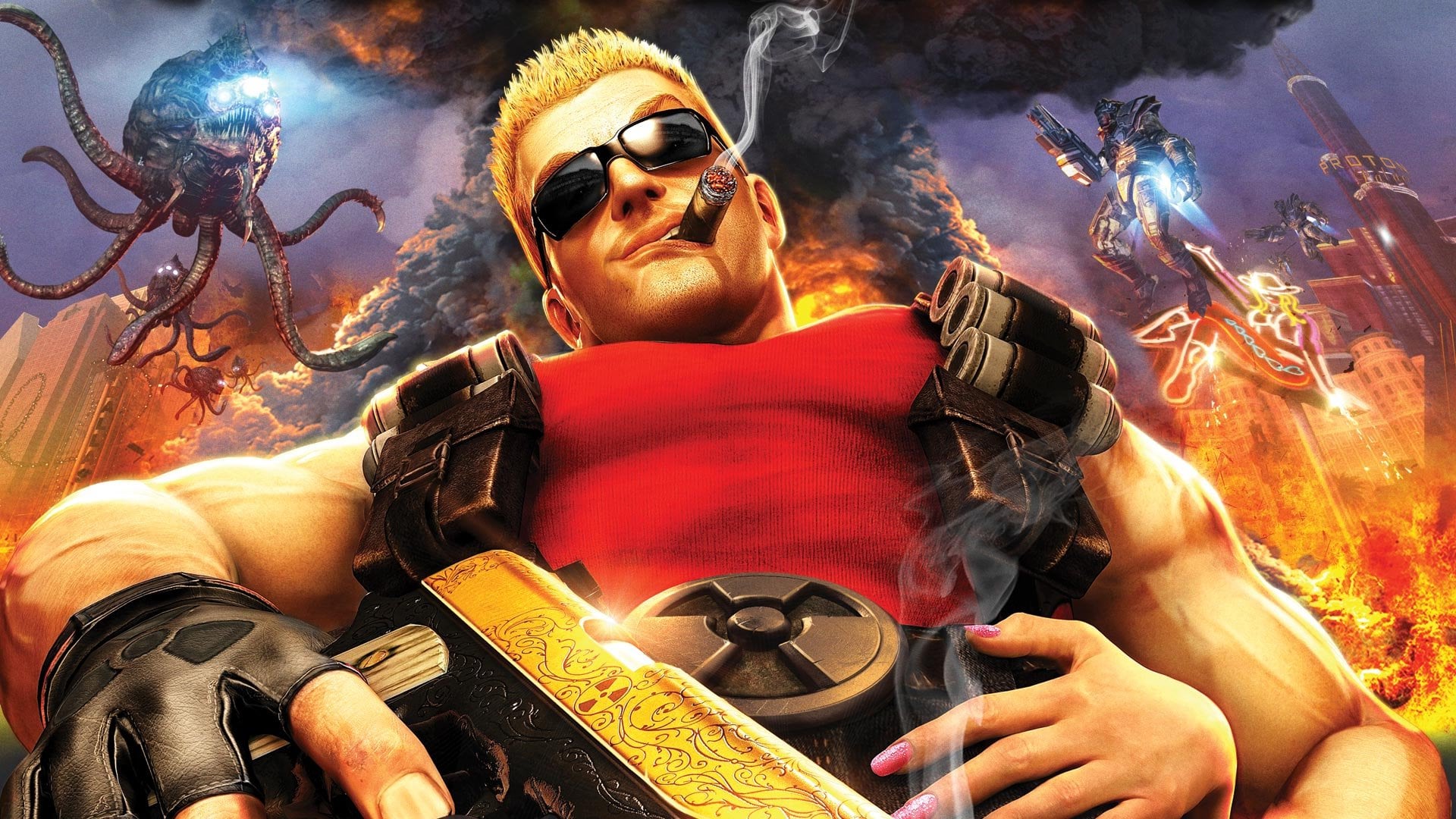In the fast-paced world of technology and product development, it’s easy to get lost in the whirlwind of features and possibilities. The story of Duke Nukem, a legendary video game from the 90s, and its tumultuous 12-year development journey serves as a cautionary tale for startups and entrepreneurs. Let’s delve into the intricacies of this story and extract valuable lessons applicable to any product development venture.
The Genesis of Duke Nukem
In the early 90s, a groundbreaking first-person shooter game, Duke Nukem 3D, captured the hearts of millions, including Heini, the founder of Vivino. Despite its success, the subsequent project, Duke Nukem Forever, became a haunting saga of unfulfilled promises and shattered dreams.
Lessons in Product Development
1. Beware of Feature Creep
The journey of Duke Nukem Forever was marred by the trap of feature creep, a phenomenon where a product continually accumulates new features, deviating from its original scope. While innovation is crucial, it’s essential to maintain a balance and stick to the core objectives of the product.
2. Align Gratification with Company Objectives
Releasing flashy trailers and teasers may garner excitement, but if not aligned with the ultimate goal of product completion, it can lead to misplaced priorities and wasted resources. Gratification must be linked to tangible progress and milestones.
3. Nurture and Prioritize Your Team
The well-being and happiness of your team members are pivotal to the success of any project. Neglecting their needs and aspirations can lead to a disillusioned and demotivated workforce, jeopardizing the entire venture. Remember, a strong and content team is the backbone of any successful endeavor.
4. Time and Resources: A Double-Edged Sword
While abundant resources may seem like a blessing, they can turn into a curse if not managed judiciously. Without a sense of urgency and accountability, projects can stretch endlessly, draining finances and enthusiasm without yielding tangible results. Learning to work within constraints is a crucial skill for any ambitious entrepreneur.
5. Build and Maintain Trust
Establishing a foundation of trust with investors, stakeholders, and partners is indispensable. Arrogance and disregard for the support system can backfire in times of need, leading to a breakdown of essential relationships critical for the success of any venture.
6. Embrace the Concept of Minimum Viable Product (MVP)
The concept of an MVP, while challenging in the context of game development, remains a critical principle for most products. Releasing an early version of the product to gain real user feedback is invaluable. It allows for iterative improvements and ensures that valuable time is not squandered in a perpetual development cycle.
The Final Takeaway
Duke Nukem’s turbulent journey serves as a cautionary tale, emphasizing the importance of balance, discipline, and a customer-centric approach in product development. While the story ends with a belated release by a different team, the valuable lessons extracted from the ordeal resonate with any entrepreneur, guiding them toward a more prudent and efficient approach to product development.

